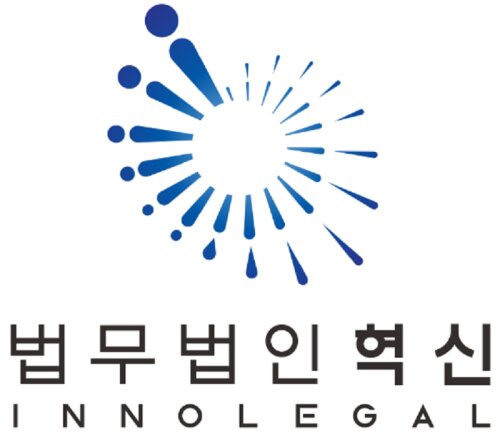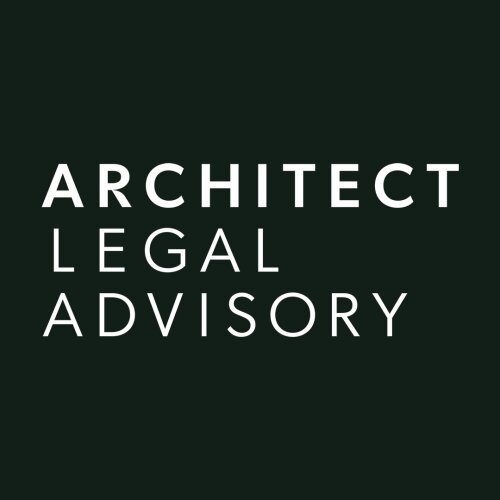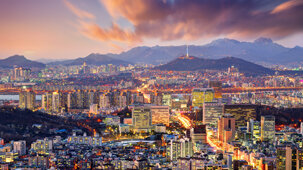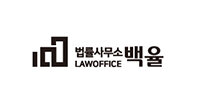Best Aviation Lawyers in South Korea
Share your needs with us, get contacted by law firms.
Free. Takes 2 min.
Or refine your search by selecting a city:
List of the best lawyers in South Korea
About Aviation Law in South Korea
Aviation law in South Korea is a complex field governed by various international and local statutes that regulate aircraft operation, air traffic control, and safety. South Korea, being a major hub in Asia, has a well-developed aviation industry with Incheon International Airport serving as one of the busiest airports in the world. The country is committed to maintaining high standards in aviation safety, technology, and customer service. Oversight is provided by the Ministry of Land, Infrastructure and Transport (MOLIT), ensuring compliance with international conventions like those set by the International Civil Aviation Organization (ICAO).
Why You May Need a Lawyer
Engaging a lawyer specializing in aviation law may be necessary in several scenarios. For airlines and operators, legal counsel is crucial for negotiating contracts, leasing aircraft, and ensuring compliance with environmental and safety regulations. Passengers may seek legal help in cases of flight delays, cancellations, or personal injury claims. Additionally, businesses involved in importing or exporting goods by air might need assistance with cargo claims or interpreting complex international trade agreements. Pilots and other aviation professionals may require representation in licensing issues, employment disputes, or investigations related to aviation incidents.
Local Laws Overview
Key aspects of aviation law in South Korea include stringent safety and operational regulations, which align closely with international standards. The Aviation Law of Korea outlines the responsibilities of various aviation stakeholders, including airlines, airports, and air navigation service providers. It covers aircraft registration, airworthiness certification, noise and emission standards, and pilot licensing. The Air Traffic Act stipulates regulations for air traffic management, while the Airport Facilities Act governs the establishment and operation of airport facilities. Aviation security is also highly regulated to counteract threats like terrorism and ensure safe travel.
Frequently Asked Questions
What is the primary aviation regulatory body in South Korea?
The Ministry of Land, Infrastructure and Transport (MOLIT) is the primary body responsible for regulating aviation in South Korea.
Does South Korea follow international aviation standards?
Yes, South Korea adheres to the standards and recommended practices of the International Civil Aviation Organization (ICAO).
What are passengers' rights in case of flight delays or cancellations in South Korea?
Passengers may be entitled to compensation or care services depending on the airline's policy and the circumstances of the disruption, as well as international conventions like the Montreal Convention.
How are aircraft registered in South Korea?
Aircraft must be registered with the Civil Aviation Safety Authority of Korea, which involves meeting specific safety and airworthiness criteria.
What are the environmental regulations for aviation in South Korea?
South Korea enforces noise and emission standards to minimize the environmental impact of aviation operations, in line with ICAO guidelines.
Are there specific laws related to drone usage in South Korea?
Yes, drones are regulated under South Korean aviation law, which mandates registration, pilot certification, and operational restrictions, especially in urban or sensitive areas.
How does one become a licensed pilot in South Korea?
Becoming a licensed pilot in South Korea involves completing a recognized training course and passing both theoretical and practical examinations conducted by MOLIT.
What legal issues can arise with cargo transported by air?
Common issues include damage or loss of cargo, delays, customs disputes, and compliance with international trade agreements.
Can a foreign airline start operations in South Korea?
Foreign airlines can operate in South Korea after meeting specific regulatory requirements, including obtaining necessary permits and adhering to bilateral air service agreements.
What should I do if I have a legal dispute with an airline in South Korea?
It is advisable to consult with a lawyer specializing in aviation law to understand your rights and potential legal remedies.
Additional Resources
For individuals seeking further information on aviation in South Korea, the following resources might be helpful:
- The Ministry of Land, Infrastructure and Transport (MOLIT)
- Korea Airports Corporation (KAC)
- The Flight Safety Foundation
- The International Civil Aviation Organization (ICAO)
Next Steps
If you need legal assistance in aviation matters in South Korea, consider the following steps:
- Identify the nature of your legal issue and determine if it falls within aviation law.
- Research and reach out to law firms or attorneys who specialize in aviation law within South Korea.
- Schedule a consultation to discuss your issue, and provide any relevant documentation related to your case.
- Follow the legal advice provided, while ensuring you comply with both local and international aviation regulations.
Lawzana helps you find the best lawyers and law firms in South Korea through a curated and pre-screened list of qualified legal professionals. Our platform offers rankings and detailed profiles of attorneys and law firms, allowing you to compare based on practice areas, including Aviation, experience, and client feedback.
Each profile includes a description of the firm's areas of practice, client reviews, team members and partners, year of establishment, spoken languages, office locations, contact information, social media presence, and any published articles or resources. Most firms on our platform speak English and are experienced in both local and international legal matters.
Get a quote from top-rated law firms in South Korea — quickly, securely, and without unnecessary hassle.
Disclaimer:
The information provided on this page is for general informational purposes only and does not constitute legal advice. While we strive to ensure the accuracy and relevance of the content, legal information may change over time, and interpretations of the law can vary. You should always consult with a qualified legal professional for advice specific to your situation.
We disclaim all liability for actions taken or not taken based on the content of this page. If you believe any information is incorrect or outdated, please contact us, and we will review and update it where appropriate.
Browse aviation law firms by city in South Korea
Refine your search by selecting a city.
















